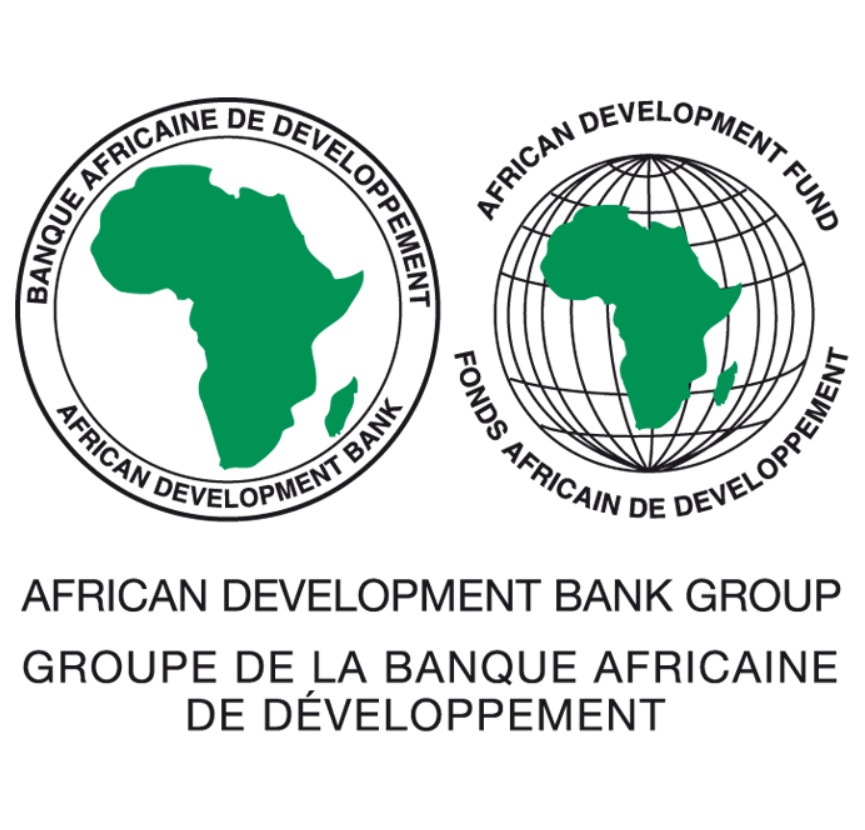AfDB joins calls to support Africa’s recovery from Covid-19 at Egypt-International Cooperation Forum
Sherif said the Bank was helping countries attain food security, especially post Covid-19, by focusing on productivity, sustainable food production systems and resilient agriculture practice.

- Country:
- Ivory Coast
The African Development Bank (AfDB.org) Wednesday joined leaders of government and international organizations in calling for stronger partnerships to support Africa’s recovery from the Covid-19 pandemic at the first Egypt-International Cooperation Forum.
Participants also urged greater cooperation with the private sector in the short term to secure more rapid vaccine access for Africans. Gender equality and climate action were also discussed.
The two-day forum, organized by the Egyptian Ministry of International Cooperation, supported by the African Development Bank, brought together representatives of government, international organizations, development finance institutions, the private sector, and other stakeholders. Against the backdrop of the ongoing Covid-19 pandemic, the meeting, held in a hybrid format, aimed to drive multilateral engagement to support two agendas: Leaving No One Behind and Building Back Better.
Dr Rania Al-Mashat, Egypt’s Minister of International Cooperation, highlighted the opportunities that have emerged from the Covid-19 pandemic to accelerate progress towards the 2030 Agenda, as well as how South-South cooperation can be exploited to foster enhanced flows and increased volumes of trade, as well as the exchange of solutions and experts, technology transfer, and dialogue on options for policy reforms.
“There is this common conviction of the importance of SDGs. We need to work more together to enhance complementarity between different multilateral institutions to achieve them,” she said.
Other speakers included UN Assistant Secretary-General Anita Bhatia; Borge Brande, President of the World Economic Forum; Mamta Murthi, World Bank Vice President for Human Development; Alamine Ousmane Mey, Minister of Economy, Planning and Regional Development, Cameroon; Jorge Moreira da Silva, Director of OECD Development Co-operation; and European Investment Bank Vice President Thomas Ostros.
Dr Khaled Sherif, Vice President for Regional Development, Integration and Business Delivery; Solomon Quaynor, Vice President for Private Sector, Infrastructure & Industrialization, and Malinne Blomberg, Deputy Director-General for North Africa, represented the African Development Bank.
During a panel discussion titled The role of international development cooperation in accelerating progress towards the 2030 Agenda, Sherif noted that most export-dependent countries, especially those shipping out raw commodities, went into fiscal distress when the commodities market collapsed in 2019.
“What this has shown us is that, if we want to implement the SDGs in these countries, value addition is going to be key – you don’t sell coffee beans if you can’t make coffee, you lose the value addition of about 2,000%, which will go somewhere else; if you sell cocoa beans but you don’t make the chocolate, its value addition of about 1,800% doesn’t transfer, in terms of wealth and employment, to you.”
Sherif said the Bank was helping countries attain food security, especially post Covid-19, by focusing on productivity, sustainable food production systems and resilient agriculture practice.
During a panel discussion on multilateralism, Quaynor said the ingredients to scale-up foreign direct investment for Africa included the achievement of herd immunity to Covid-19 through vaccinations, undertaking economic reforms to attract investment in infrastructure and leveraging the African Continental Free trade Agreement to spur intracontinental trade.
“We cannot discuss FDI to Africa until we speak about the African Continental Free Trade Area — a single economic zone with 1.3 billion people and a GDP of up to $3.4 trillion. This is the time to actually make it work. There is no better time. It is going to be critical for Africa’s recovery,” he added.
In another session, Blomberg noted: “Harnessing the transformative power of digitalization will significantly boost intra-Africa trade, especially for SMEs.”










